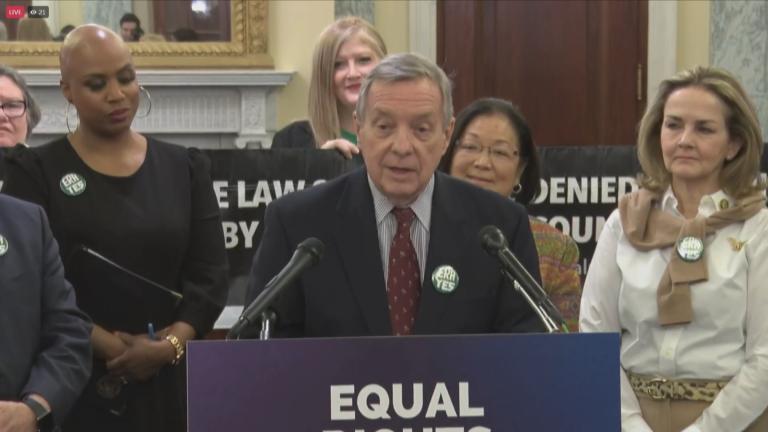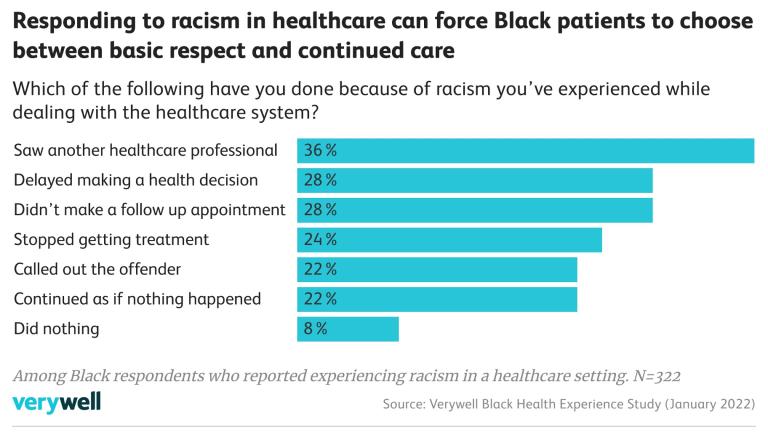Should African Americans receive reparation payments for slavery and civil rights abuses?
The question is getting renewed attention this week. On Wednesday, a Democratic-led House subcommittee held a hearing on the topic – the first in Congress in more than a decade.
Although the idea behind reparations is “as old as slavery,” it’s gaining more traction than ever before, said Alvin Tillery, a political science professor at Northwestern University.
Not only are Democratic presidential candidates calling for reparations, Tillery says there’s a growing amount of scholarship around the subject that’s leading to new historical discoveries about slavery and its impact on modern-day society.
“We are uncovering more and more and the evidence is so overwhelming, I think it’s just hard to dismiss it,” said Tillery, who also serves as director of Northwestern’s Center for the Study of Diversity and Democracy.
So what might reparations for 13% of America’s population look like?
Tillery says there are a few models to consider.
“The classic model is reparations for slavery and for every person who is a legatee of slavery to get a cash payment on the order of $3 trillion – or $20,000-25,000 per person,” he said.
Another model includes compensation for the nearly 100 years of Jim Crow segregation.
“That’s a much cleaner kind of transfer and I think it solves the questions raised by opponents of reparations,” he said, referring to questions about who to compensate after factoring in the waves of immigrants after slavery was abolished.
“So we could solve those kinds of questions very easily with the technical and historical wherewithal that we have,” he said.
Other models include a permanent tax holiday for African Americans or a “development fund where the government would … raise a bunch of capital to hyper invest in African American communities,” he said.
Tillery joins us in discussion.
Related stories:
Juneteenth: A Holiday Honoring the Abolition of US Slavery
Historian: White Power Movement Has Roots in the Vietnam War
Teaching the Little Rock Nine to Students in Chicago
New Book Examines Government Policies’ Impact on Residential Segregation








